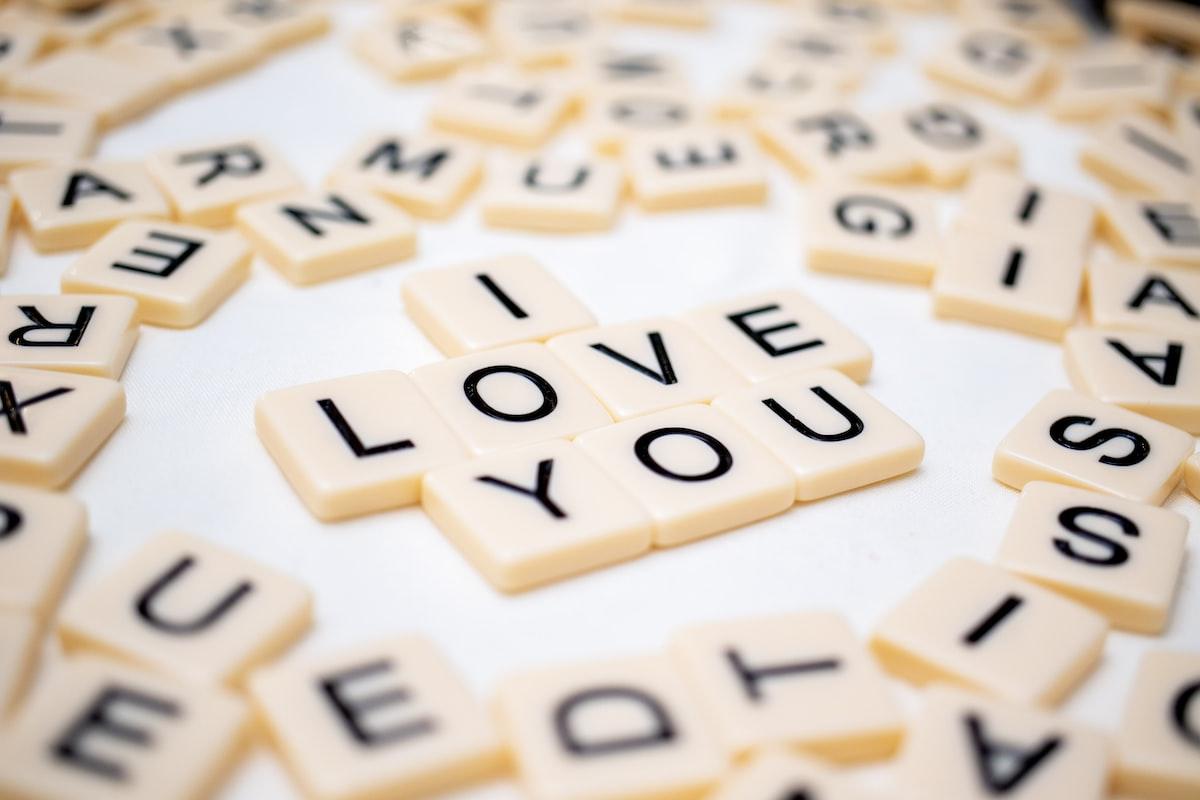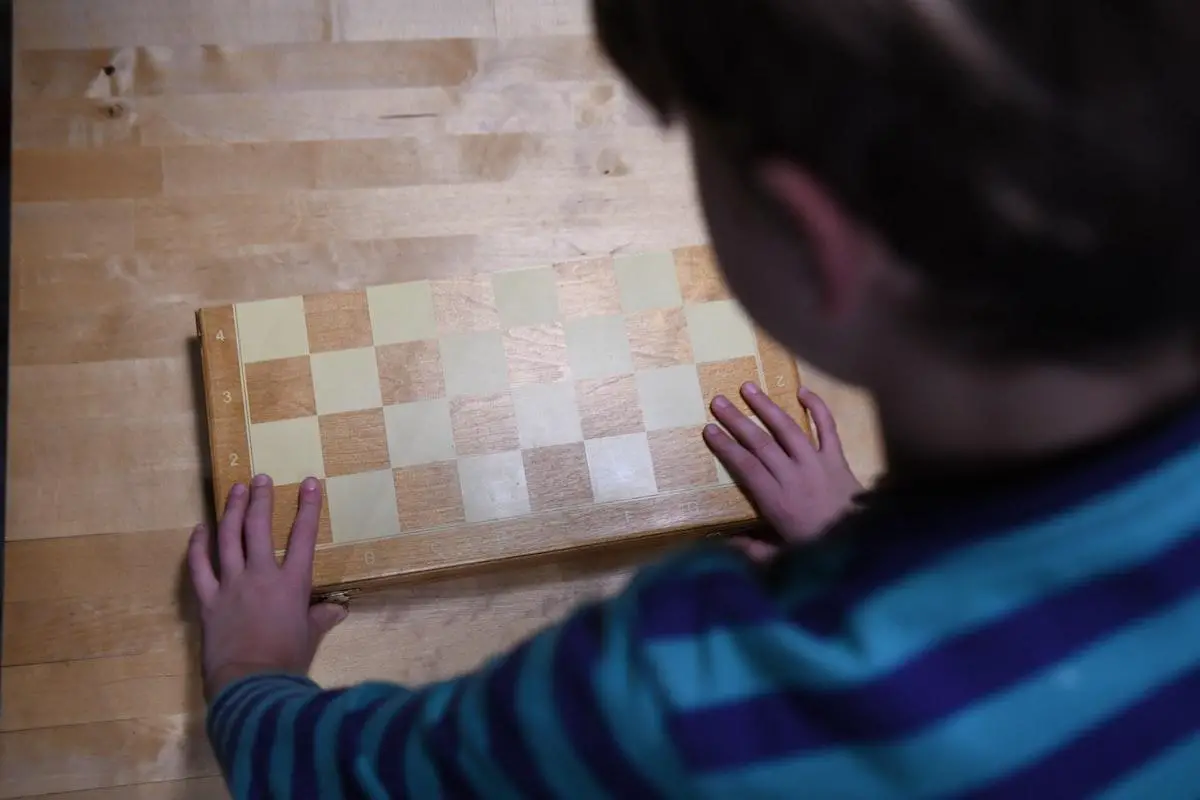Chess is a strategic board game that has been around for centuries. While it may seem like a simple game of moving pieces on a board, it requires patience, intuition, and analytical skills. One of the significant aspects of chess is when a player puts the opponent’s king under attack, which is known as a “check.” Saying “check” during a game is crucial as it informs the opponent that their king is under attack, and they must take action to protect it. In this article, we will discuss why saying “check” is essential in chess and the potential consequences that can arise if it is not done.
Understanding the Concept of Chess Check.

Understanding the concept of check is crucial to playing chess effectively. In simple terms, a “check” is a threat to the opponent’s king. When a player makes a move that puts the opponent’s king in the line of attack, they must announce “check.” For example, when a player’s queen puts the opponent’s king in its line of attack, the player must say “check.” Failure to say check when the move threatens the opponent’s king can lead to confusion and create unnecessary tension between the players. Therefore, players must be well-versed in the concept of check and ensure they say it whenever an opponent’s king is under attack.
Consequences of Neglecting Check in Chess

The consequences of not saying “check” during a game of chess can be significant. Without announcing “check,” the opponent may not be aware that their king is in danger. This can lead to confusion and frustration when the player realizes that they have missed a vital threat to their game. For instance, the opponent may make a move that puts their king at risk, thinking that they are safe. If the attacking player neglects to say “check,” the opponent may overlook the danger and miss an opportunity to defend their king, potentially leading to a checkmate. Therefore, players must remember to say “check” each time they put their opponent’s king under attack to avoid any confusion or misunderstandings.
Chess Etiquette: Saying Check Shows Respect
Besides understanding the concept of check, players must also adhere to proper etiquette when playing chess. Like most sports and games, respecting your opponent is one of the fundamental rules of chess. Saying “check” is not only part of the rules but also part of chess’s etiquette. It is a way to show your opponent that you respect them by giving them the chance to protect their game. Failure to announce “check” can be considered bad sportsmanship and can tarnish the game’s overall spirit. Therefore, players must learn and practice proper chess etiquette, which includes announcing “check” when necessary.
Strategies to Remember Saying Check in Chess.
To remember to say “check” during a game of chess, players can employ different strategies. Firstly, players can make “check” a part of their thought process. Before each move, they should assess if their move puts the opponent’s king under attack and, if so, say “check” as they make the move. Secondly, players can create a mental cue or reminder to say “check.” This could be as simple as associating “check” with the color of the opponent’s king or previous moves. Finally, players can practice saying “check” throughout their games until it becomes an instinctive behavior. By incorporating these strategies, players can be sure to say “check” when their opponent’s king is in danger and avoid any confusion or misunderstandings that may arise.
Tips to Remember Check in Chess.
In conclusion, saying “check” is essential in chess. The concept of check is crucial to the game, and players must say it whenever their opponent’s king is under attack. Failure to say “check” can lead to confusion, misunderstandings, and may even be considered bad sportsmanship. Additionally, proper etiquette should be a part of every chess player’s mindset, and announcing “check” is one way to show respect for your opponent. Players can employ different strategies to remember saying “check” during the game, such as making it part of their thought process, using a mental cue, or practicing saying “check” during games. Incorporating these strategies will help players remember to say “check” each time their opponent’s king is under attack, creating a more enjoyable and respectful game for everyone involved.
FAQ: Importance of Saying ‘Check’ in Chess
FAQ:
Why is saying “check” important in chess?
Saying “check” is essential in chess as it informs the opponent that their king is under attack, and they must take action to protect it. Not saying “check” can lead to confusion, misunderstandings and may even be considered bad sportsmanship.
What happens if “check” is not announced during a game?
Failure to announce “check” can lead to confusion and frustration when the player realizes that they have missed a vital threat to their game. Furthermore, this can create unnecessary tension between the players.
What is the role of etiquette in chess?
Etiquette plays a crucial role in chess. It’s a way to show sportsmanship and respect towards the opponent.
Is announcing “check” part of chess etiquette?
Yes, announcing “check” when necessary is part of chess etiquette. It’s a way to show respect for your opponent and part of the rules of the game.
How can I remember to say “check” during a game of chess?
You can remember to say “check” by making it part of your thought process, creating a mental cue or reminder, or practicing saying “check” during games.
What are the consequences of not saying “check” during a game of chess?
Consequences of not saying “check” in chess are potentially losing the game due to confusion and misunderstanding. It can also be considered bad sportsmanship and could lead to disputes between the players.
Does the opponent have to say “checkmate”?
No, the opponent does not have to say “checkmate” when they win the game. However, it is a common courtesy to do so to show respect for the opponent.